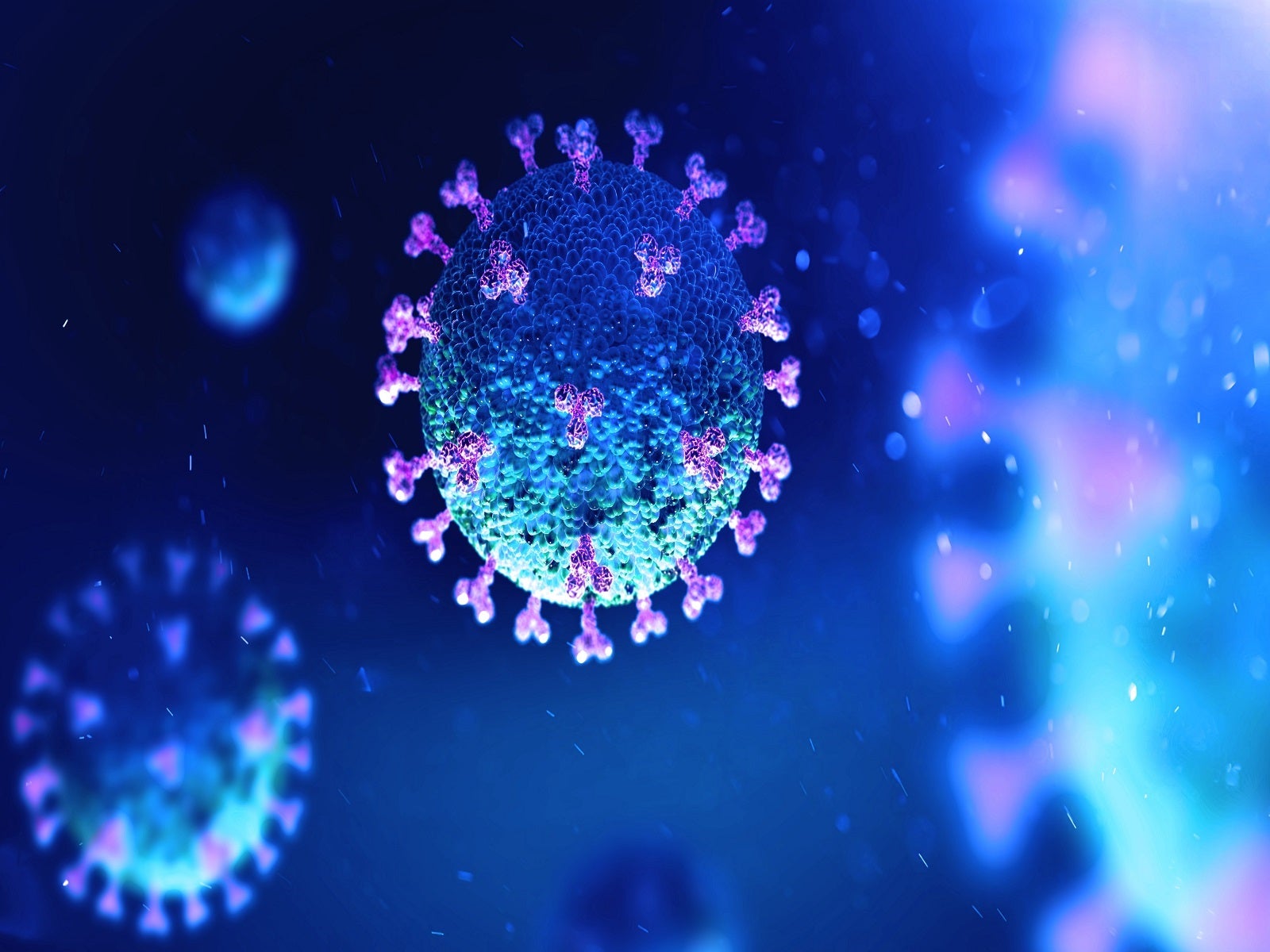
60 Degrees Pharmaceuticals has withdrawn its investigational new drug (IND) application for ACLR8-LR, a Phase IIb study of the use of tafenoquine in treating Covid-19.
The announcement is in response to recent comments from the US Food and Drug Administration (FDA) requiring an adjustment of the trial design. The company was quick to add that it plans to submit a new IND after assessing the feasibility of the new trial design in evaluating the accelerated recovery of Covid-19 symptoms.
The news led to an 11% decline in 60 Degrees stock in pre-market today. The company’s market cap stands at $6.697m.
The company also added that the pausing of the Phase IIb clinical trial would decrease operating costs. Furthermore, 60 Degrees is evaluating the funding for the trial and whether a partnership for tafenoquine clinical development should be pursued, contingent on the market conditions and positive FDA outlook.
The ACLR8-LR Phase IIb (NCT05947812) study was designed to evaluate tafenoquine for treating mild to moderate Covid-19 symptoms in patients with low risk of disease progression.
Tafenoquine was approved as a prophylactic treatment for malaria in the US in 2018. It is sold under the brand name ‘Arakoda’.
Tafenoquine has been a successful drug for 60 Degrees, with the company reporting a 150% increase in Arakoda sales in Q2 2023 compared to the same period of 2022.
60 Degrees is also evaluating tafenoquine for the treatment of babesiosis, a blood infection caused by deer tick bites. The company is planning to request a pre-IND meeting with the FDA for a Phase IIb trial by the end of 2023.
60 Degrees CEO Dr Geoff Dow said: “While we determine whether moving forward in modifying ACLR8-LR such that it meets FDA’s requirements is feasible, we will continue existing efforts related to the expansion of our commercial malaria business and submission of an IND for further study of how tafenoquine may be effective in combatting babesiosis.”
